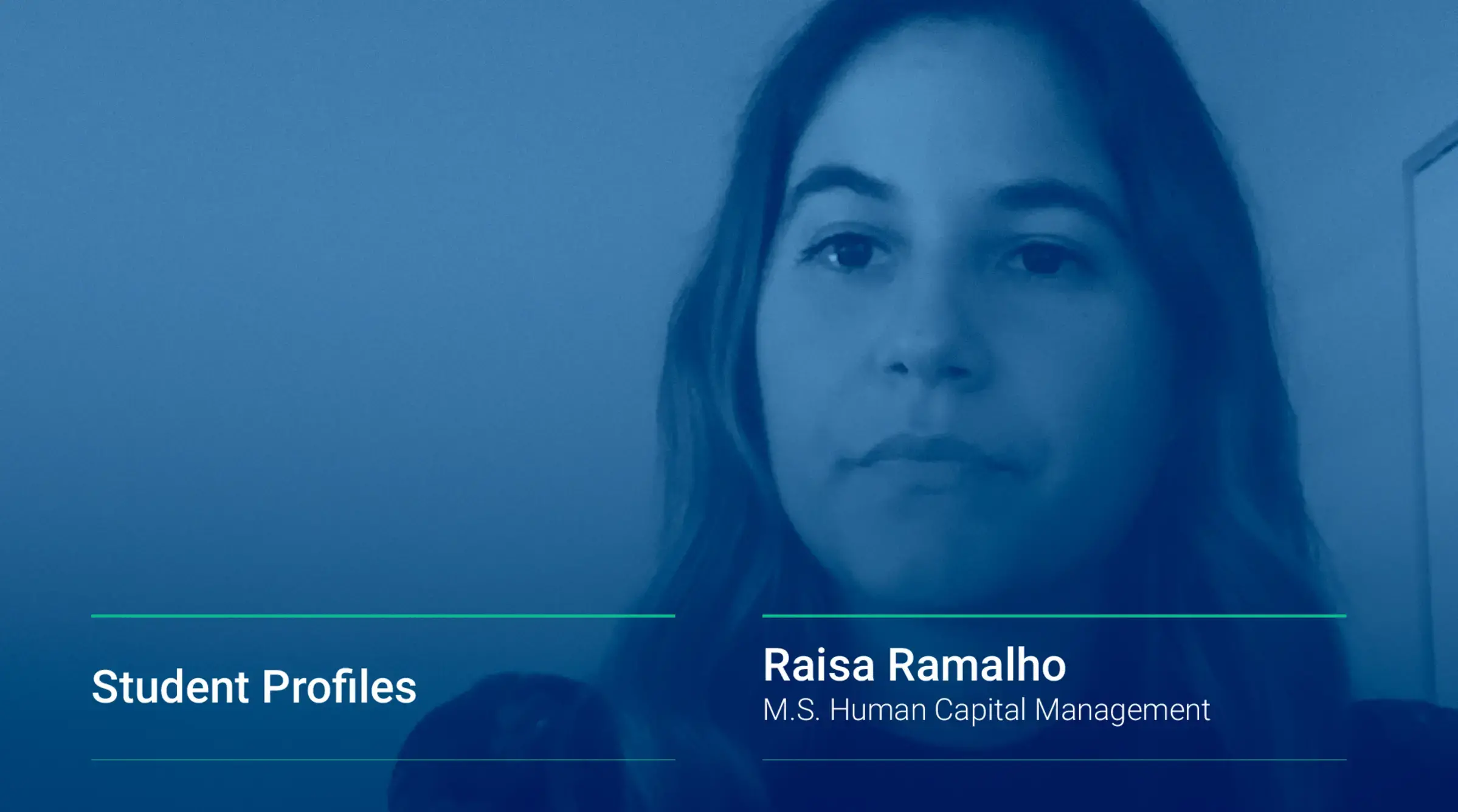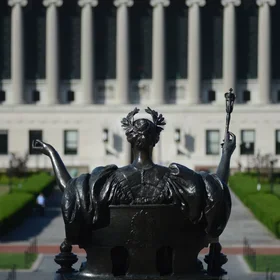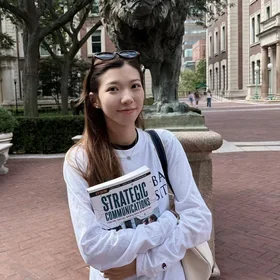With the pandemic drastically changing how companies operate day-to-day, human capital management has become front-and-center in the process of reinventing workflows in the digital workspace to enable remote work as the new normal.
We spoke with Human Capital Management (HCM) master’s student Raisa Ramalho about the evolution of human capital management over the years, its increasingly important role in a post-COVID world and how the program helped her expand her network and grow professionally as the Vice President of Compensation at Citi.
What made you apply for Columbia’s HCM program?
I applied to the HCM program at Columbia for several reasons. The first was the networking opportunities. I have been in the human capital management field for quite some time. I joined Citibank back in 2014 as part of the HR program; I rotated from recruiting to compensation and eventually to HR advising. I really enjoyed working at Citi—I didn't have any intention of leaving the bank—but I have always wanted to learn more about other industries and see what different companies were doing in the field. And I thought joining the HCM program at Columbia was a great opportunity for me to do that in industries like technology or nonprofits, while also being able to stay on at Citi.
The second reason was career growth. I love the HR field. I completed my undergraduate studies at Cornell, where I got my bachelor’s degree in Industrial and Labor Relations. So I've always known that I want to work in HR and continue moving—and I thought that a master's degree in HCM would really help me to continue that mobility and growth. And that's exactly what happened: after two years in the HCM program, I've been able to move laterally and, most recently, vertically—I was promoted in December. The program provided a great opportunity for me to continue growing my career.
What do you value the most about the program?
My classmates and peers were excellent—they had extensive experience in HR. It ranged from two to 20+ years of experience in the field. I admired the diversity of our cohort, how they all came from different industries. While my background was in the financial sector, we had people in the program that worked for Google and NBCUniversal, people that worked abroad in Brazil, people that worked at Columbia, people that worked for nonprofits—and they all brought different perspectives to the table.
And of course, the faculty. I think the scholar-practitioner model that the HCM program at Columbia offers is phenomenal. We get to learn from faculty that have years of experience working in HR in various industries. Their real-world knowledge of how to translate theory into practice in the workplace has been immensely helpful for me and I've been able to use those skills in my job.
How have you applied the knowledge and skills gained from the program in real life?
One of the most helpful parts of the program was the class on HR analytics. The theories weren’t only useful in class; I incorporate them in my day-to-day duties at work. Because the faculty are active HR practitioners, they can give us examples of how they have dealt with specific issues at their companies and how we can apply it to our own jobs. There is a huge focus in this field on using large data sets comfortably, manipulating the data and telling a story. Through the analytics class, I am now much more comfortable drawing insights from data to assist my HR partners and managers in resolving the critical issues they are facing.
How would you define the difference between human resources and human capital management?
The difference between human resources and human capital management is that human capital management really looks at matters from a more strategic standpoint. In addition to thinking about HR programs that will help businesses solve their day-to-day challenges, you also tie everything back into the company’s overall strategy. You have to think about where the company is headed; what are its main goals and the plans in place to achieve them; and how those considerations affect the HR programs you are delivering. You do need to take a very high-level look at the issues and come up with strategies that will propel the business forward and help the bottom line.
A lot of times, when we think about HR, we instantly imagine the processes of interviewing, hiring and recruiting. But beyond this first association, we need to think about how our programs should evolve the business and help it achieve its goals. For instance, if a company is in growth mode, the question should be: how can we bring in HR programs that will help the company grow? And that’s where the biggest difference is—just having that higher-level, strategic mindset and connecting everyday processes back to the business is very helpful.
How has the global pandemic impacted the HR industry?
Given everything that's happening in the world, human capital management has become more important now than ever. With the pandemic, companies are now forced to think about the future of work. Joining the HCM program at Columbia is really going to help you think about the challenges that companies now face in the people management sector, which is extremely valuable. In the current context, you will need to think from a strategic standpoint about your company's goals and plans, and combine that with the HCM programs that your company will design to tackle the challenges that they’re going through.
Whether you're in the tech industry or financial services, every industry is going to face challenges. For instance, at Citi, we think about what it means to have professionals working remotely full-time and how their compensation needs to change accordingly. Thanks to the frameworks I learned from the program, I have an advantage because I have already discussed a lot of the key strategies before. Ultimately, HR has evolved over the past couple of decades and is now really front and center for companies because we really need to reinvent how we work and how we see our employees working in the future.
What advice would you give to students that are looking to join the HCM program at Columbia?
My advice is to keep an open mind, make sure you are looking at all the different classes and try to absorb as much as possible. It’s straightforward and logical to label yourself as a compensation professional or an HR business partner or a recruiter, but I think the key value in joining a master's program is that you get the chance to see things from different perspectives and apply them to a big picture, long-term business strategy. And that goes back to my experience in the HR program at Citi: the opportunity I got to move around between different disciplines in HR was extremely helpful and gave me a better sense of the entire company.
So take advantage of the networking opportunities with your classmates—they'll bring so much to the table and you can learn a lot from just sitting in class and listening to them. For me, hearing examples of what programs my classmates were working on and what challenges their companies were facing was an eye-opening experience. Take advantage of the faculty because they bring a wealth of knowledge to the table. They often have 20 to 30 years of experience in various disciplines: they're huge assets and resources for students. Not only do they teach, but they also give advice and help students navigate their careers. So I would say leverage all the resources available to you and continue to build those relationships even after the program. You can take advantage of those long-standing relationships even after you have completed the HCM program at Columbia.



